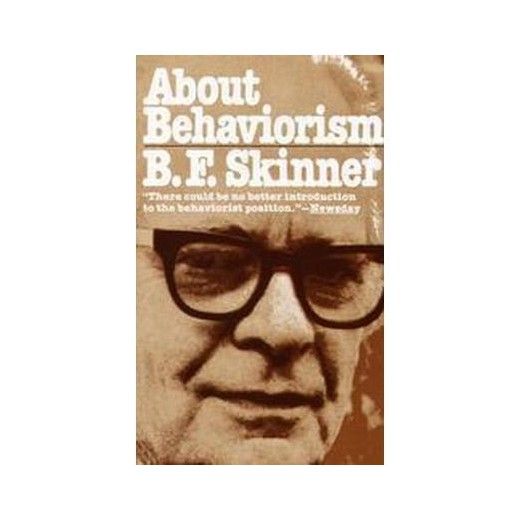The wisdom and wit of full disclosure
At the top of the list of things I love about the blogging world and the new media culture is transparency. I've been a journalist for about three decades now, and I have no illusions about objectivity. At best, objectivity is a dry style of writing. At worst, it's a myth that villains practice. Most commonly, it's a place for journalists who aren't inclined toward self examination to hide.
Transparency requires a journalist to rethink his writing style, and to examine his connections and beliefs. The most common form of transparency is the disclosure clause, which tells readers about a reporter's connections to a story.
And as it turns out, the disclosure clause is also a place to have a little fun.
Here's how Simon Dumenco describes his prejudices in his inaugural column at Ad Age. "Over the years, I’ve worked for, consulted for and/or created “content” for a disparate range of media companies including AOL, Bulfinch Press, Conde Nast, Dennis Publishing, HarperCollins, Harpo, HBO, Hearst, Primedia, Time Inc., Time Warner, Universal, Viacom and Wenner Media. My policy is to acknowledge that I know way too many people in this business, to admit that I’m hopelessly conflicted and to make fun of all of the above companies -- except for Primedia, which is the most retarded media company ever in the history of the world, and everybody knows it’s not nice to make fun of the "differently abled."
I trust that Simon also cringed at today's news that Tom Rogers, the "differently abled" former CEO of Primedia, has been named CEO and president of TiVo. People who witnessed the decline of Primedia on Rogers' watch may want to short some TiVo shares.
FULL DISCLOSURE: Although I have also worked for Time Warner and Primedia, and although it appears that we loathe some of the same people, I have never met Simon Dumenco.




